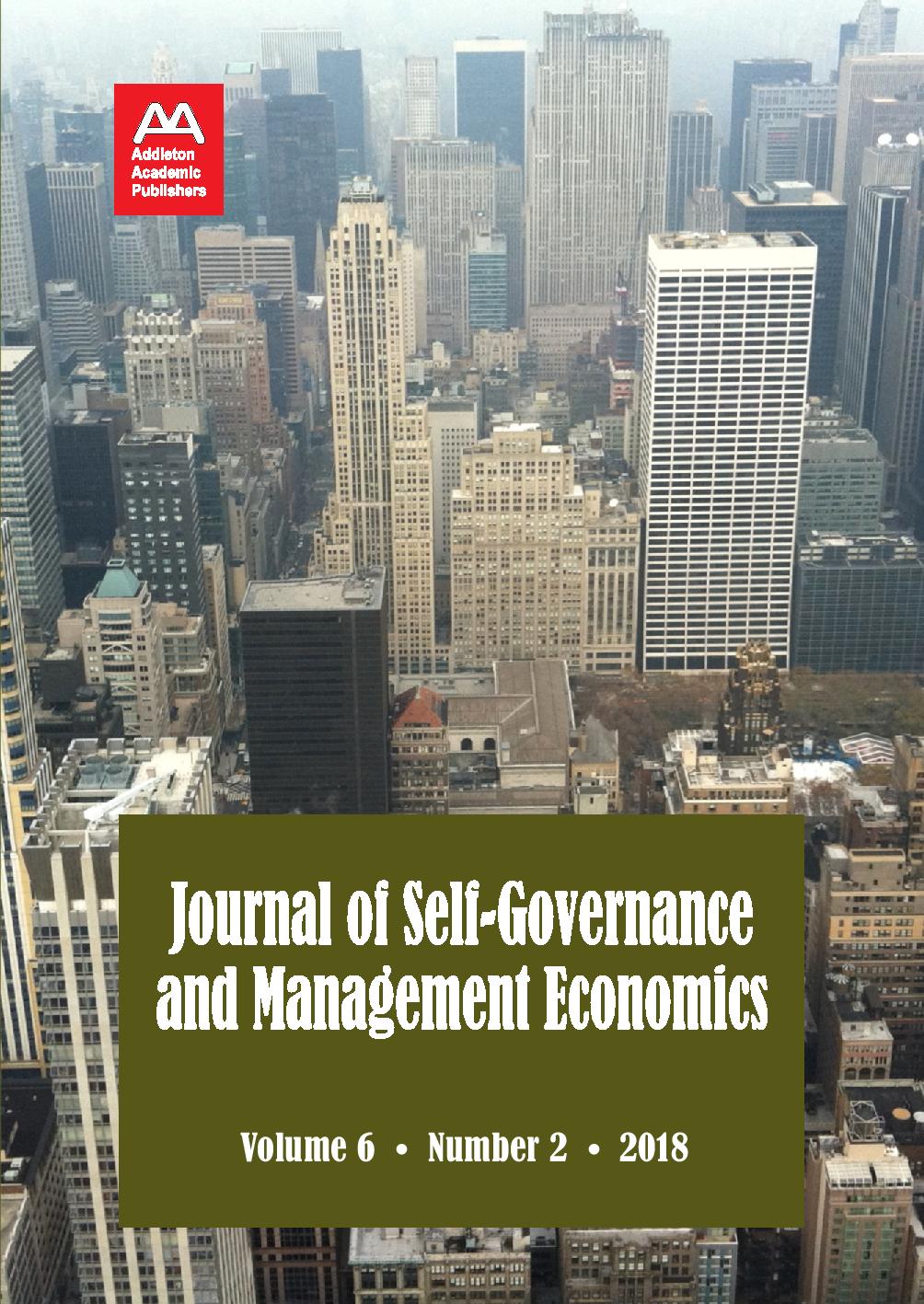METAMORPHOSIS IN POLITICAL ECONOMY: A NEW COMBINATION OF THREE DISPARATE IDEAS
METAMORPHOSIS IN POLITICAL ECONOMY: A NEW COMBINATION OF THREE DISPARATE IDEAS
Author(s): Hardy HanappiSubject(s): Business Economy / Management, Political economy
Published by: Addleton Academic Publishers
Keywords: political economy; innovation; revolutionary metamorphosis; science;
Summary/Abstract: Innovation in theory building usually follows the prescription of “normal science” as described by Thomas Kuhn in his account on the history of theoretical physics – see Kuhn (1962). What already had been postulated by Descartes (compare Descartes, 1637) as a signum of science, namely the systematic advance towards smaller, more specialized, partial problems that are easier to solve, this procedure still prevails in the social sciences till today. Contrary to this piecemeal engineering approach, Joseph Schumpeter made the character mask of the revolutionary entrepreneur to his hero of progress – at least as far as innovation in the production of commodities is concerned (Schumpeter, 1911). Of course, history shows that both forms of innovation are alternating: If the slow advance and broadening of a prevailing mainstream gets stuck and the contradictions it produces start to accumulate quickly, then it is time for a revolution – in the material world (compare Hanappi & Wäckerle, 2016) as well as in its scientific correlate. It is time for a metamorphosis. In which direction a theoretical innovation in times of metamorphosis shall point clearly has to remain an unanswered question. The best characterization of its general methodological form still seems to be Schumpeter’s dictum. It is a new combination of (existing) elements. The existing elements typically should concern burning problems of the troubled mainstream (compare Hanappi, 2016), and the adjective “new” means that they so far are not connected to each other in the stagnating mainstream approach. The global political economy as well as its theoretical reflection in mainstream theory undoubtedly currently is in a state that calls for a revolutionary metamorphosis. This paper therefore sets out to develop a new combination of three seemingly unconnected ideas, which each address a fundamental contradiction. The first idea concerns the contradiction between the rich and the poor parts of the global economy, the second idea concerns the driving force of progress of the human species and its impediments, and the third idea concerns the contradiction between syntax and semantics of the formal representation of the first two contradictions. Contrary to papers in “normal science,” which in a conclusion propose a solution for their research question, this paper avoids to pretend a finite horizon of its arguments. As is appropriate for a proposed theoretical innovation it just offers a new open-ended contribution to the rapidly evolving discourse in the middle of metamorphosis.
Journal: Journal of Self-Governance and Management Economics
- Issue Year: 6/2018
- Issue No: 2
- Page Range: 92-112
- Page Count: 21
- Language: English
- Content File-PDF

